NPR’s legal affairs correspondent Nina Totenberg dedicated a recent segment to the question of “Can Trump Pardon Himself?”
The segment has two parts: firstly, it covers legal opinions of experts; the second half discusses the political and legal blow-back that would follow Trump’s hypothetical self-pardon.
I won’t comment on that second part; but the first part strikes me as monumentally hypocritical.
The main argument of the opponents of self-pardon was articulated by Michigan State University law professor Brian Kalt: allowing it “would violate the principle that no one can be the judge in their own case. Indeed, that was the formal legal opinion rendered by the Justice Department in 1974 during the Nixon presidency.” Apart from that, “Harvard Law professor Jack Goldsmith has examined all of Trump’s pardons and sentence commutations … at least 85 of the 94 have some personal or political connection to Trump and were self-serving in that way.”
I have a question for both professors. Did Harvard Law professor Jack Goldsmith ever hear of the case Pierson v. Ray which judges cite as justification for arbitrary decision-making, and in which they gave themselves the right to act from the bench “maliciously and corruptly” so no one can sue them for fraud? If Pierson v. Ray is not self-serving, what is? In Pierson v. Ray judges proactively pardoned themselves — so why can’t Trump do the same?
Did Michigan State University law professor Brian Kalt ever hear of judges’ “sua sponte” argument, the argument that was not presented by the parties (plaintiff and defendant), the argument that the judge himself injects right into the decision, denying the opposing party the chance to rebut it, and acting as a lawyer to the party the judge wants to win? How is the judge being a lawyer for a party to the case argued before him, and supplying the clinching argument for that party, is not being “the judge in one’s own case?” Of course he is. Of course “sua spontism” is a betrayal of judicial impartiality. Judges do that routinely — the decisive argument in the case of the Affordable Care Act (otherwise known as Obamacare), that the mandate was a tax, was not argued by either of the parties; it was brought in by Chief Justice Roberts so as to decide the case the way he wanted to, not the way he had to if the decision were to be based on parties’ argument alone. (Mind you, this was the same Roberts who swore, in his confirmation hearings, that judges neither pitch nor bat but only call balls and strikes! Judge Kavanaugh was as allegorical, thought perhaps less florid, when during his own confirmation he said that judge was an “umpire.” Really?)
If all three branches of the government are co-equal, and judges allow themselves to flaunt fundamental principles of “due process of the law” with no consequences to themselves, why can’t Trump do the same? Isn’t it the height of hypocrisy to demand that Trump abides by the same legal principles which judges violate right from the bench, day in and day out?
This is not to say that Trump should ignore the political consequences of self-pardon which Ms. Totenberg outlined in the second part of her segment. But anyone who would deny President Trump’s right to pardon himself based on the grounds articulated by law professors in the first part of her segment, is an out-and-out hypocrite.

